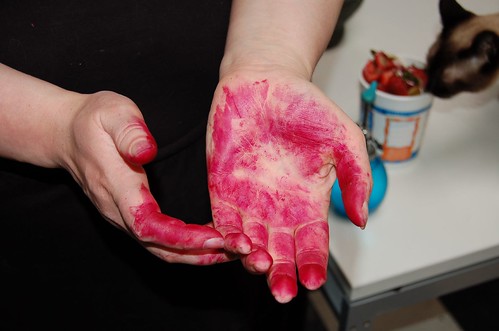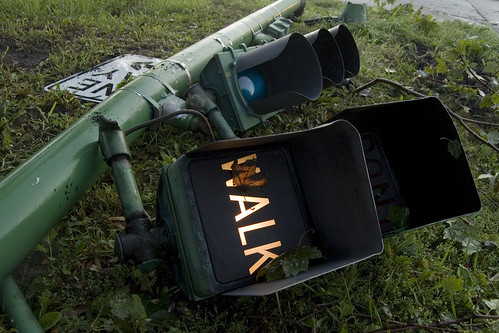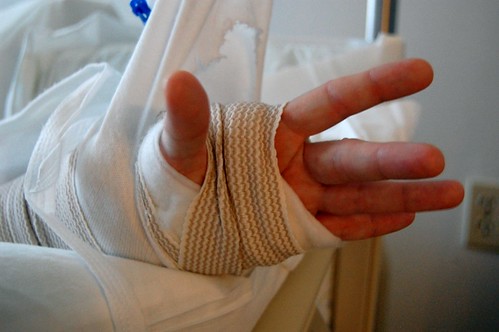After Saturday, I didn’t think I had anywhere to go but up.
I wrote a grand total of 729 words on my WIP last week. I sat down on Saturday, gritted my teeth, and wrote. I managed 37 words before I realised what the problem was.
It wasn’t so much that I had no ideas – I had a few, and enough to be going on with. The problem was that I was bored with the story.
Because the story was boring. It had got to the point where it didn’t even seem worth the effort of writing the next word, so I stopped in the middle of a sentence and did some serious thinking.
It didn’t take long to realise where the problem lay, at its deepest root – I’d long suspected, but hoped it would go away of its own accord. (It didn’t. They never do.)
The main character was flat and boring. Yes, she was supposed to be naïve, and completely uneducated in practical matters, but she had become the literary equivalent of blancmange: pale, flavourless and trembling.
Well, no more! I’ve kept the bit of the naïvety, and her knowledge of the world is still largely theoretical, but she’s no fool, and she knows her own mind (particularly in the matter of taking forbidden lessons in the nature and properties of explosive materials). Think of a cross between Scarlett O’Hara and a young Queen Victoria, with a side of pyrotechnical ability.

But then, of course, everything and everyone else had to change too. I had to kill off half the characters and perform radical surgery on the rest, but the result is much stronger and much more interesting.
I was surprised by how little pain it cost to kill my darlings. I had a twinge for the invisible minstrel, but he may yet return, if he can earn his keep.
Unfortunately, I’ve also had to come to terms with pretty much starting all over again: most of the 27,387 words I have written so far will have to be ditched, because they just don’t fit any more. Even the (few) good bits.
Of their adventures in the Forest of Roxburghe, this chronicler shall say but little. Tsifira wandering away from the stream and getting lost shall be barely mentioned; Riordan and Berengaria going to find her shall be touched upon but lightly; and how they subsequently were lost all together and had to wait for sunrise to get their bearings will not even be spoken of.
The fraught incident involving Berengaria and an incidental bear, which was only resolved by the quick and judicious application of half an onion, shall, however, be divulged in full. (But not in this book.)
Ooh, the irony.
















